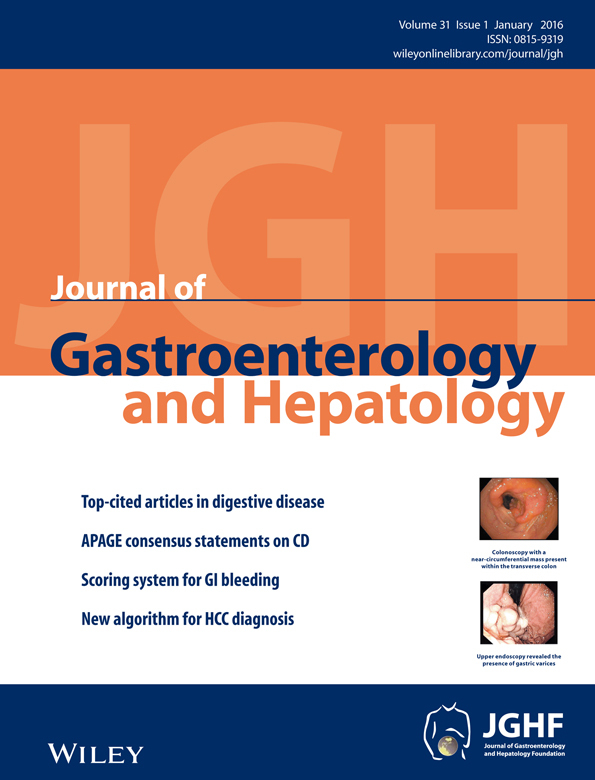Neutrophil gelatinase-associated lipocalin regulates gut microbiota of mice
Abstract
Background and Aim:
Because neutrophil gelatinase-associated lipocalin (NGAL) is known to provide significant bacteriostatic effects during infectious conditions, we tested the hypothesis that this protein is up-regulated and secreted into the intraluminal cavity of the gut under critically ill conditions and is thus responsible for the regulation of bacterial overgrowth.
Methods:
With our institutional approval, male C57BL/6J mouse (6–7 weeks) were enrolled and applied for lipopolysaccharide or peritonitis model compared with naïve control. We assessed NGAL protein concentrations in intestinal lumen and up-regulation of NGAL expression in intestinal tissues in in vivo as well as ex vivo settings. Simultaneously, we examined the effects of NGAL protein administration on the growth of Escherichia coli (E. coli) in in vivo and in vitro experimental settings. The localization of NGAL in intestinal tissues and lumen was also assessed by immunohistological approach using NGAL antibody.
Results:
Both lipopolysaccharide and peritonitis insults evoked the marked up-regulation of NGAL mRNA and protein levels in gut tissues such as crypt cells. In addition, the administration of NGAL protein significantly inhibited the outgrowth of enteric E. coli under both in vitro and in vivo conditions, accompanied by histological evidence.
Conclusion:
Neutrophil gelatinase-associated lipocalin protein accompanied by apparent bacteriostatic action accumulated in the intestinal wall and streamed into the mucosal layer during critically ill state, thereby possibly shaping microbiota homeostasis in the gut.




